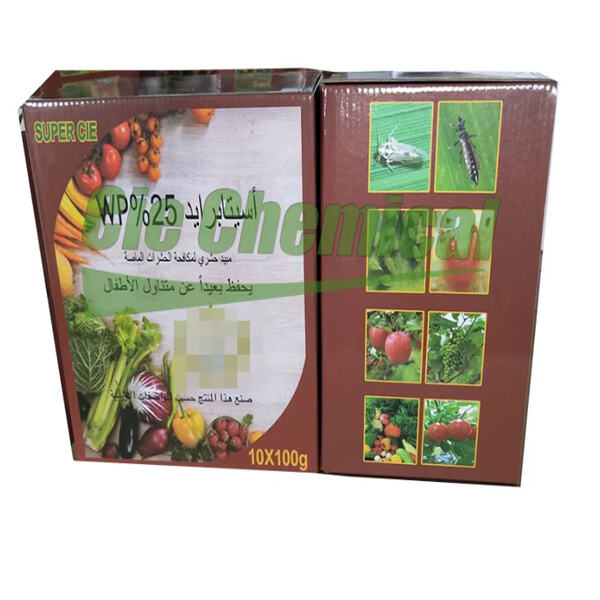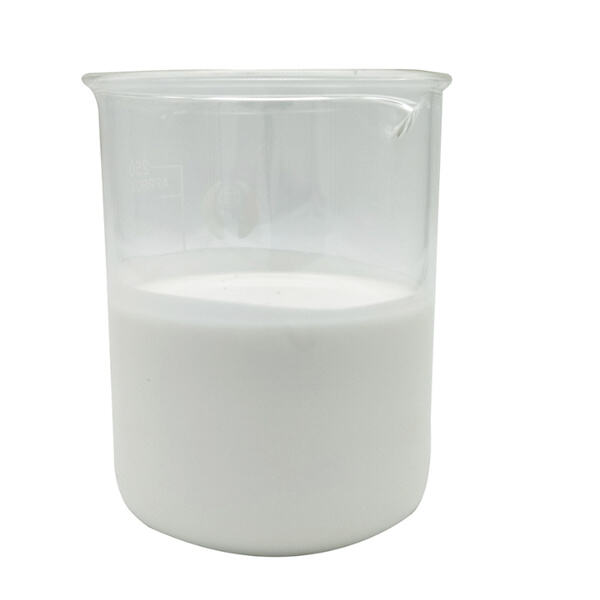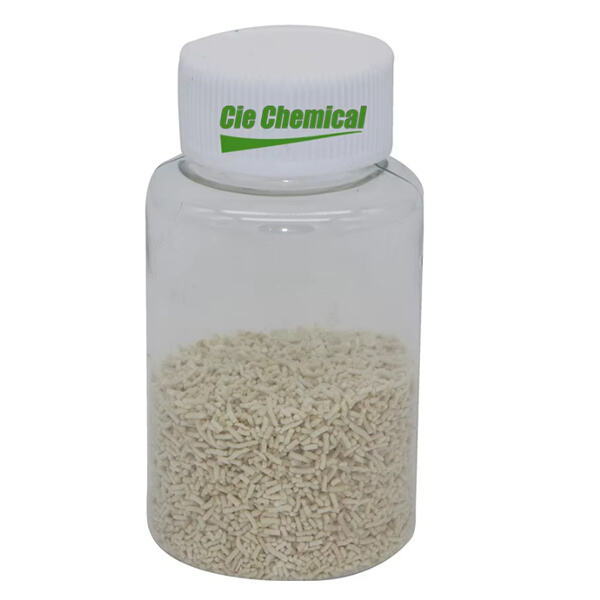Today, the biggest challenge facing farmers is protecting their produce from pest and insect damage that can have devastating effects. These insects also eat or ruin the plants, which can be difficult for farmers to grow food. Farmers commonly protect their crops using pesticides. Pesticides are special chemicals that are made to kill or control these bad bugs. A common pesticide is clothianidin. But there are some concerns about this pesticide, in particular around how it could impact bees.
There are a number of factors involved, but one which many of us can help make a difference with at a local level is the decline in bee populations. They pollinate flowers, which means they help flowers develop into fruits and seeds. Pollination is the process that enables plants to reproduce and provide us food. Without the help of bees, many plants would have trouble producing food, which could mean that everyone would run out of fruits and vegetables to eat. This is why many are concerned about the effects of clothianidin on bees.
There has been much recent discussion about how the pesticide clothianidin might be harmful to bees. Research suggests that this chemical can confuse and disorient when bees come in contact with it. This means they may not return to their hives or find food sources. Lost bees can struggle with finding food for themselves, and that can spell disaster for their survival. Moreover, some studies show that clothianidin can affect baby bees, or larvae, causing difficulties in maturing into strong and healthy adults.
Clothianidin is applied to a variety of crops, including corn, soybeans and cotton. It kills insects by assaulting their nervous systems. Clothianidin causes paralysis and death in insects to which it has been applied. Though this can be helpful to eliminate pests, there are individuals worried that it can also kill other living things, even humans as well as animals such as fish or birds, for example bees.

The risk of clothianidin isn't just to bees. They can also impact the environment and human health. The chemical can leak into the soil and water, potentially rendering those natural resources unfit for other plants and animals. Other animals can feel negative effects as well when they come in contact with clothianidin. There are worries about how this chemical could interact with humans. Other studies have indicated that long-term exposure to clothianidin could be associated with health problems, including developmental problems or cancer.

But despite these worries, many farmers apply clothianidin in various regions of the world. But keep in mind that there are safer alternatives out there which will help both farmers and bees. For example, some farmers are adopting a practice known as integrated pest management (IPM). Using diversified techniques to manage pests is the second step. Farmers can rely on natural predators, traps, and barriers to keep pests from their crops, rather than using pesticides. In such a way they can minimize the use of harmful pesticides, while preserving the health of crops.

CIE Chemical has a strong commitment to pest management which is both effective and responsible. We have developed a whole range of products that provide authentic pest control without posing a risk to bee population or the ecosystem. Products are designed to be user-friendly, making it easy for farmers to protect both their crops and their environment.
Our pesticides meet the national norms and regulations. Make sure that the stability and reliability of the product's quality.1. Consultation prior to purchase: We provide customers with professional consultation before sales to answer their questions about the use, dosage as well as storage of clothing and medicine. Our customers can seek our assistance by phone, email or online before making a purchase.2. After-sales Training: We will organize regular pesticide trainings to increase our customers' ability to use pesticides and increase their awareness of safety.3. After-sales Return Visits: We will regularly schedule after-sales return visits to our customers to determine their needs, satisfaction, as well as collect their thoughts and suggestions. We will also continually clothianidin insecticide our service.
Shanghai Xinyi Chemical Co., Ltd. was founded on November 28 2013. CIE has focused on chemical exports for about 30 years. CIE will continue to work to provide more premium products to more countries. Our plant produces acetochlor and glyphosate at a rate of between 5,000 and 100,000 tonnes per year. We also work with multinational companies on the production of paraquat imidacloprid, and other substances. Therefore, our quality is world-class. Currently, the dosage forms we can produce include clothianidin insecticide, SC, OSC, OD, EC, EW, ULV, WDG, WSG, SG, G, etc. In addition, our RD department is dedicated to the creation of new formulas that can produce mixed chemicals that meet market needs. We are always mindful of it as our responsibility. We also report GLP for certain products.
In the world of CIE, you will find top-quality agrochemical production and technical services since we concentrate on chemicals and researching new products to help the people of the world.The factory was focused on the national brand towards the start of the 21st century. We began exploring markets outside of the United States after a period of rapid expansion, which included Argentina, Brazil Suriname Paraguay Peru, Africa and South Asia. As of clothianidin insecticide, we have established business relations with partners from over 39 countries. We will also commit to bringing our products of high quality to countries that are not yet in our list of.
1. Pesticides increase output: Pesticides are effective in controlling pests, diseases and weeds. They can reduce pest numbers and improves yields.2. Save labor and time: The use of pesticides can reduce the amount of labor required by farmers and their time costs and effectively improve agricultural productivity efficiency.3. Guarantee economic benefits: Pesticides can prevent AIDS as well as ensure the harvest, and be used in clothianidin insecticide production that has brought huge economic advantages.4. Control food quality and safety: Pesticides can ensure the quality and safety of food products and grains to prevent occurrence of epidemics and protect people's health.